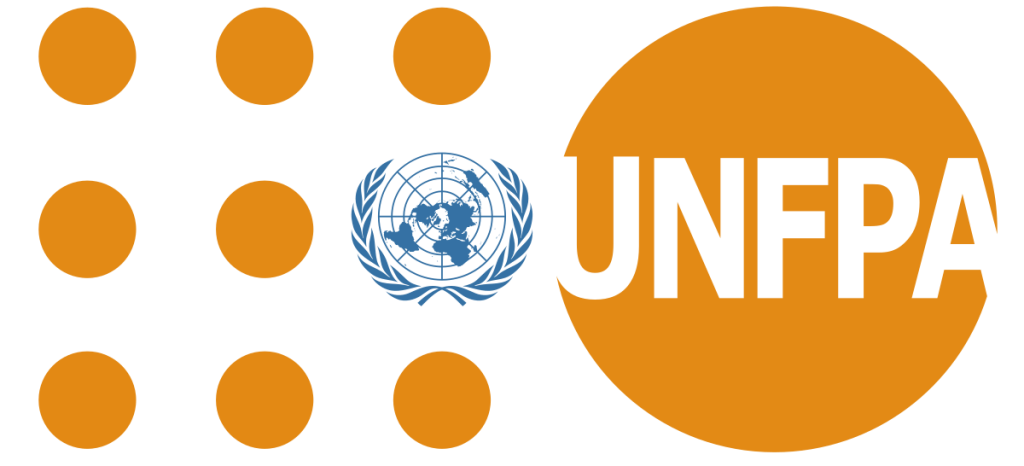The United Nations Population Fund (UNFPA) has called for decisive political action, deeper socio-cultural reforms, women’s empowerment, and strengthened health systems to tackle Nigeria’s persistently high rates of maternal and neonatal mortality.
The appeal was made on Wednesday during the 66th National Council on Health meeting in Calabar, themed “My health, my right: Accelerating universal health coverage through equity, resilience, and innovation.”
Speaking on the topic “The critical missing link in crashing maternal and neonatal mortality in Nigeria,” UNFPA Nigeria’s Technical Specialist for Reproductive and Maternal Health, Lordfred Achu, warned that structural and societal barriers continue to obstruct progress. These, he said, include limited female autonomy, inadequate health infrastructure, workforce shortages, and poor coordination across sectors.
Nigeria remains one of the most dangerous places in the world for women to give birth. The country also battles a high adolescent fertility rate, low uptake of contraceptives, and severe gaps in access to quality maternal and reproductive healthcare.
Data from the 2025 Nigeria Health Statistics Report released by the Federal Ministry of Health and Social Welfare underscores the urgency. Between January and September 2025, Nigeria recorded 20,811 maternal, neonatal, and under-five deaths. In the first quarter, 1,244 maternal deaths were recorded alongside 1,706 neonatal and 3,820 under-five deaths. Figures remained similarly grim through the second and third quarters, with maternal deaths staying above 1,200 in each period.
The leading causes of maternal deaths include maternal complications, cardiovascular diseases, malaria, cancer, HIV/AIDS, diabetes, sepsis, anaemia, tuberculosis, and neonatal complications. For neonatal and under-five mortality, diarrhoea, malnutrition, pneumonia, meningitis, sepsis, tetanus, and hypoxaemia remain the major killers.
Achu stressed that reducing these deaths extends beyond clinical interventions. He called for sustained multisectoral investment, improved data systems, reforms to entrenched sociocultural norms, and measures to enhance women’s agency. “Reducing maternal and neonatal mortality is not just about saving lives; it is about equality and equity,” he said.
He urged the government to enforce girl-child education, empower women to make informed health decisions, engage community and religious leaders, integrate maternal health discussions into existing women’s groups, and involve men through community dialogue. Greater advocacy, he added, is needed to challenge harmful traditions and strengthen accountability.
UNFPA estimates that Nigeria, India, the Democratic Republic of Congo, and Pakistan together account for nearly half of global maternal deaths. Nigeria alone records one maternal death every seven minutes. High adolescent fertility—estimated at 106 births per 1,000 girls—early marriage affecting 24 million girls, low modern contraceptive use at 15 per cent, and a fertility rate of 4.8 births per woman further compound the risks.
Achu concluded that while efforts are ongoing, systemic barriers continue to undermine progress. Only deliberate, coordinated, and equity-driven action, he said, can place Nigeria on a sustainable path toward reducing preventable maternal and neonatal deaths.



